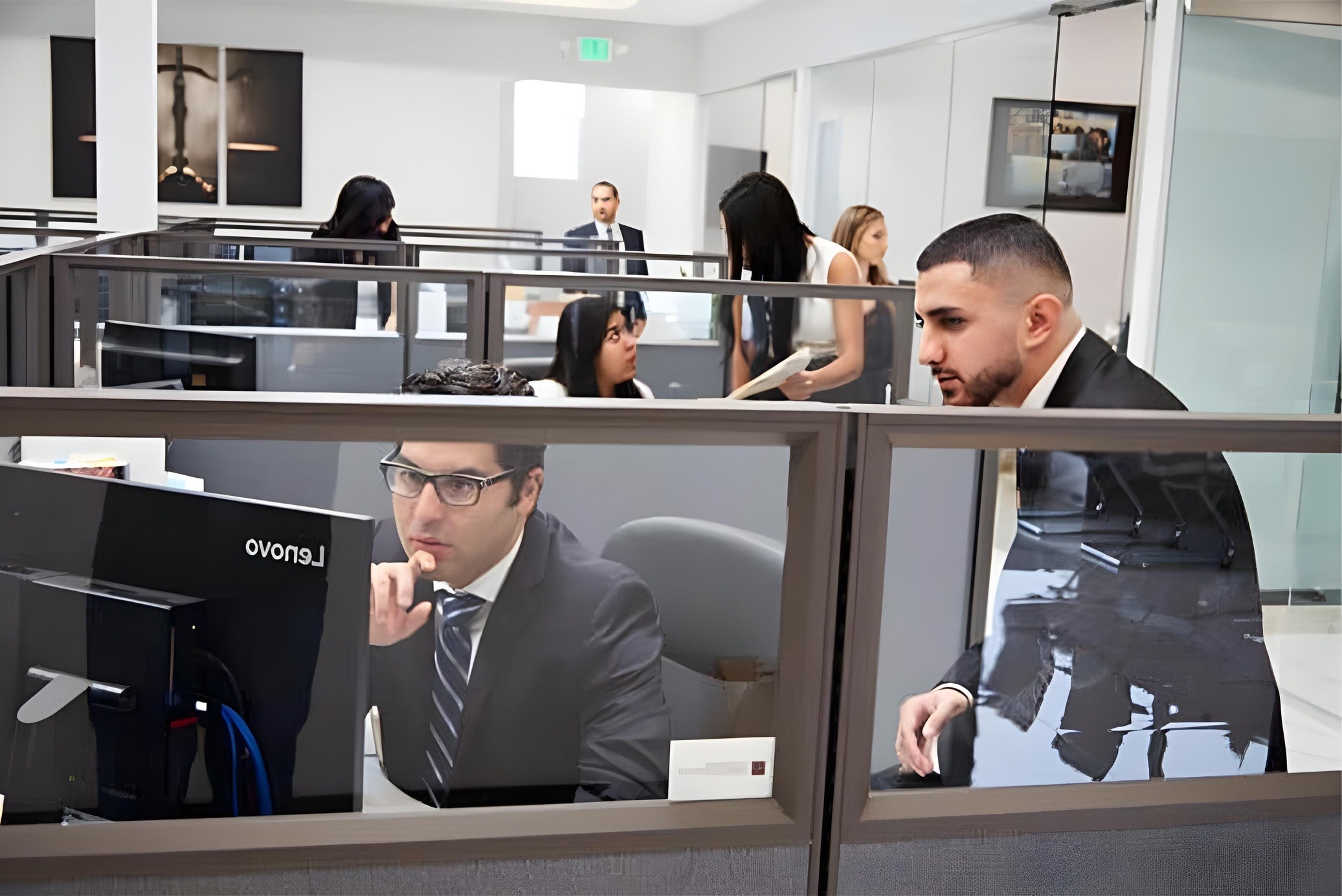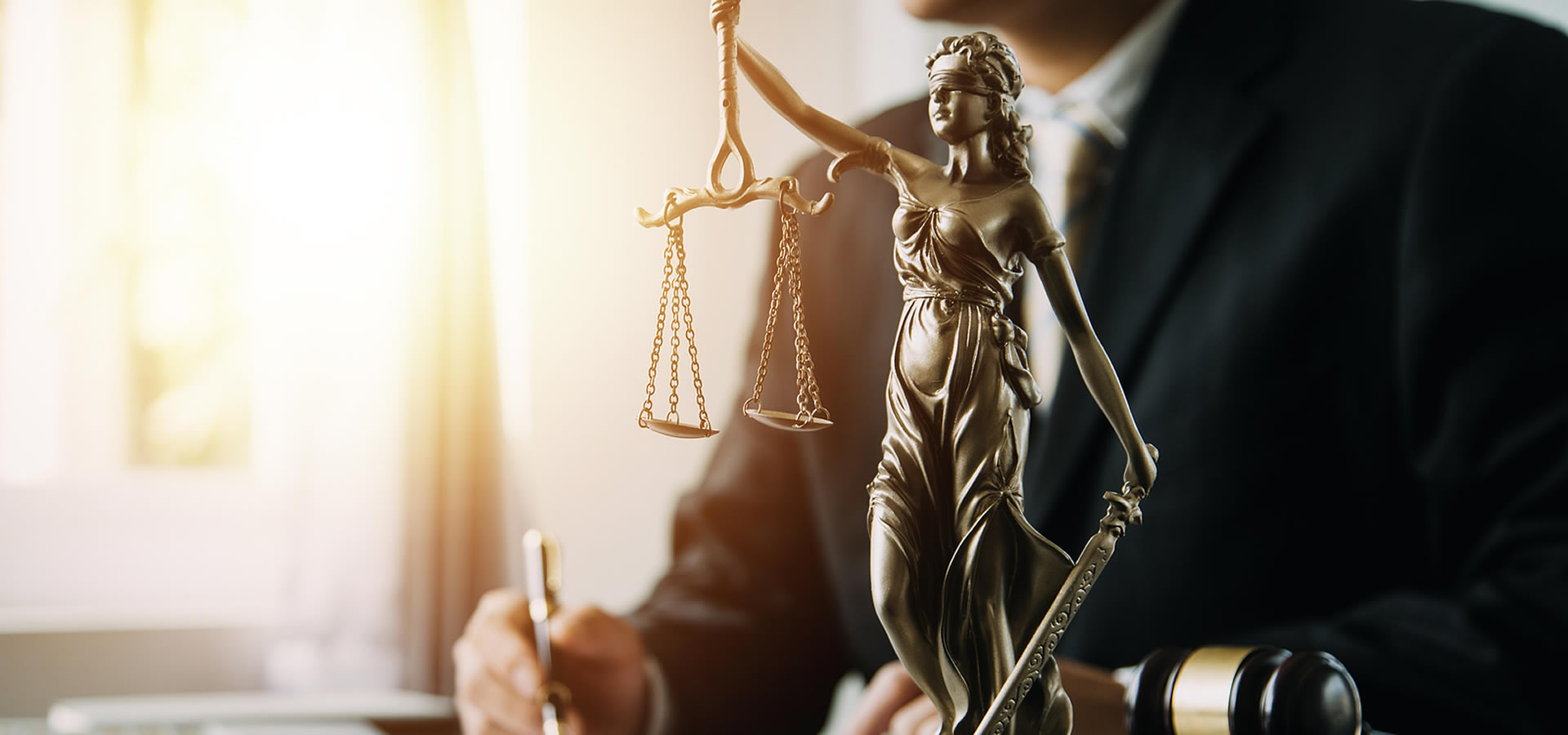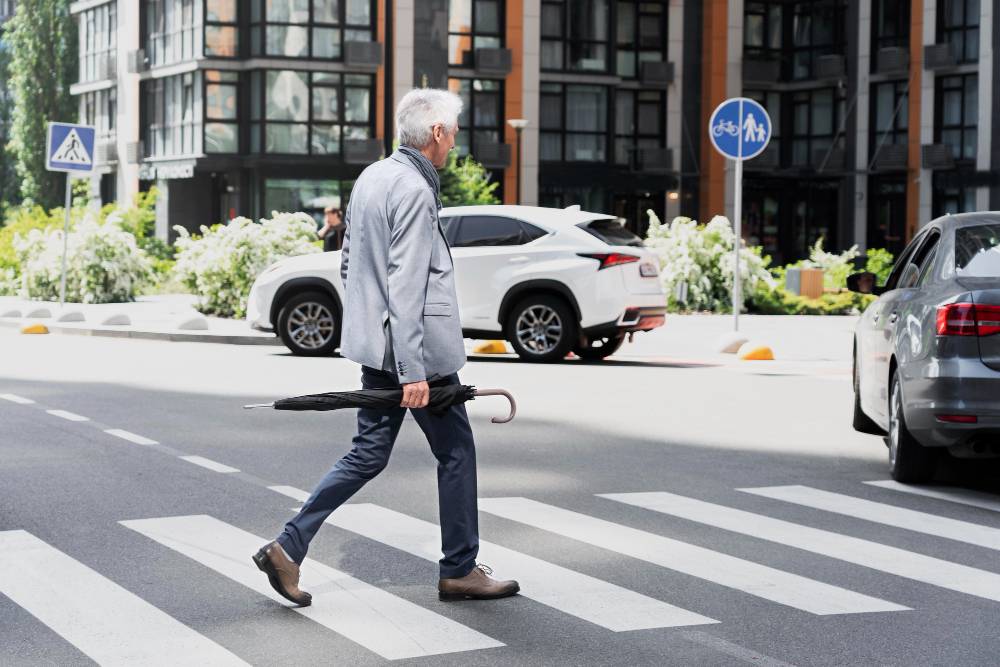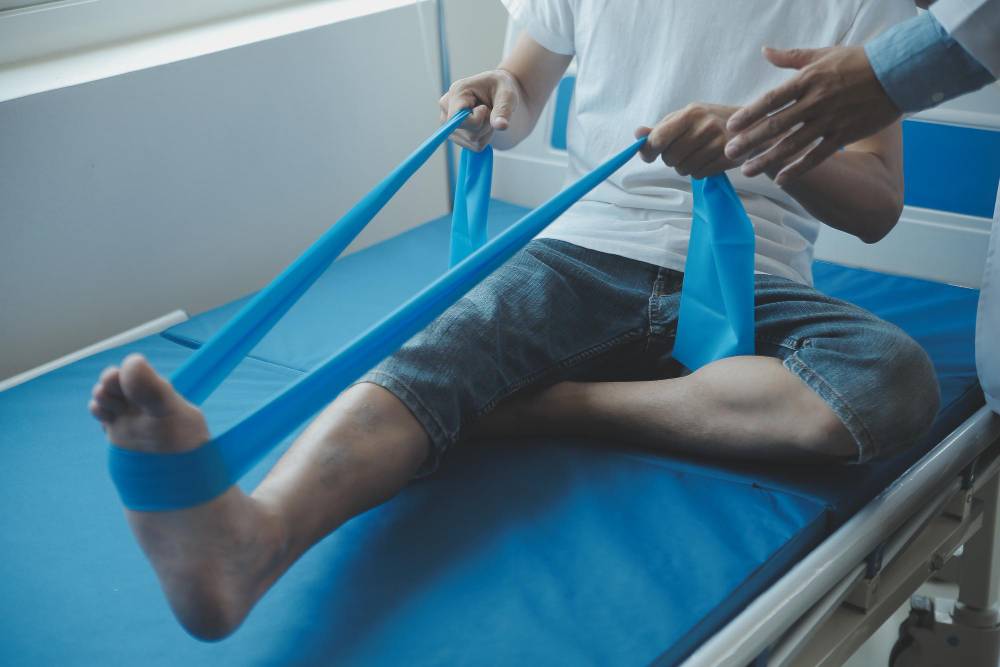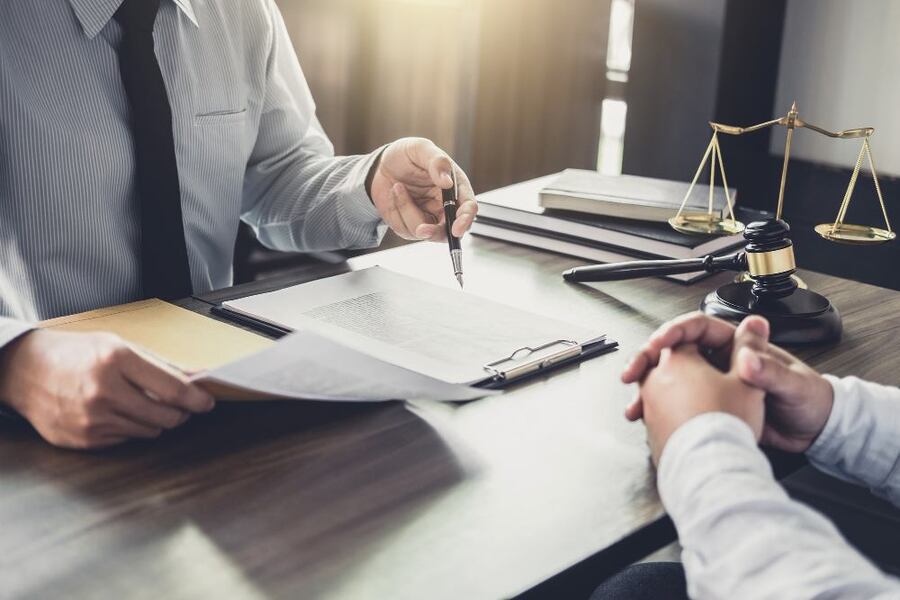Compensatory damages are what are awarded to restore your financial situation back to what it was before your injury. However some states have a cap on damages. That means there is a maximum amount you can win for your personal injuries. Every state has different laws regarding personal injury settlements. It’s best to look up what the rules are in your state. For instance, in California you might be able to recover damages for both economic losses and non-economic losses. An economic loss could be medical bills related to your injury and loss of future income. Non-economic losses could be pain and emotional suffering. How much money you receive depends on many circumstances. How old were you when the accident occurred? If you were twenty years old you might have forty years of lost future income. You might have medical bills coming in for decades. How many people depend on you for your income? If you have a family to support that should be factored in. You don’t want to underestimate your needs. That’s why a good personal injury lawyer is essential. The lawyer will help you determine what amount you deserve. In California, for instance, personal injury damages might be recovered for: Medical Bills Lost Wages Lost Earning Capacity Long Term Care Scarring or Disfigurement Physical or Occupational Therapy Pain and Suffering Negligent Infliction of Emotional Distress Injury To Reputation Wrongful Death Punitive Damages Questions to ask the personal injury lawyer: What damages do you think apply to my case? What damages do you think do not apply to my case? What is the statute of limitations for economic injuries? What is the statute of limitations for non-economic injuries? Is there a cap on damages for either economic or non-economic injuries? What factors will you take into consideration in determining a monetary amount to ask for at settlement or trial? You’ve been through enough with your accident and your injuries. A good personal injury lawyer will lift the burden of navigating the legal system. You will have someone in your corner fighting for you. Finding the right personal injury lawyer gives you the opportunity for the best possible financial outcome. The information provided here hopefully helped to point you in the right direction. Please share this information if you felt it was useful.

.webp)
 1.webp)
 1.webp)
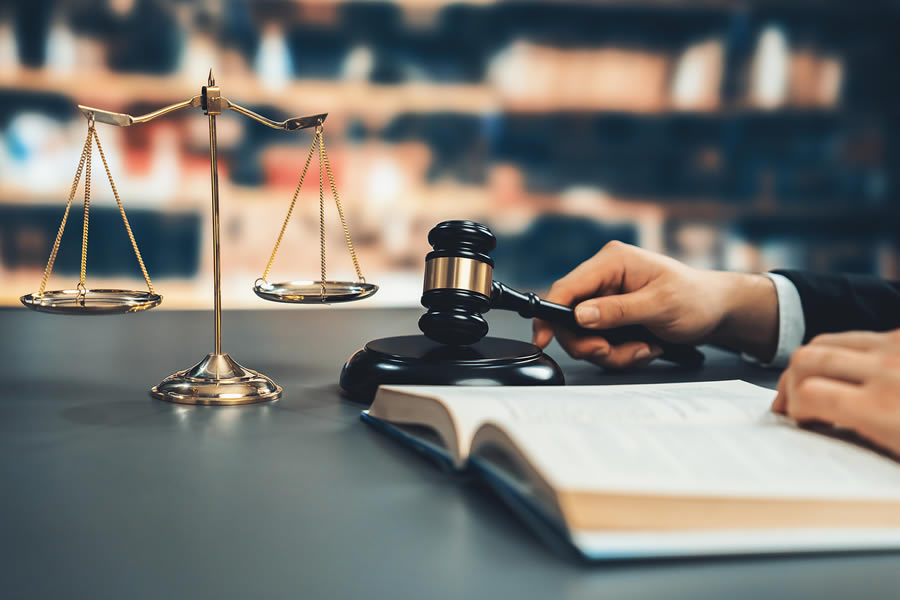
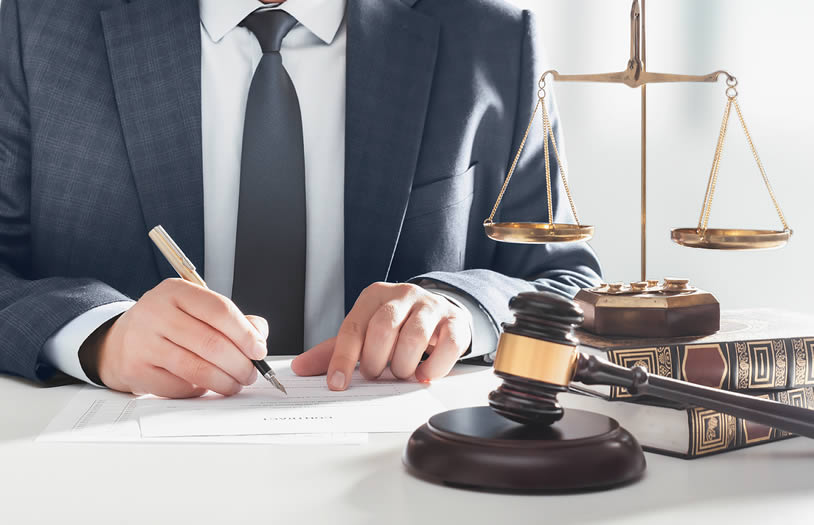
.webp)
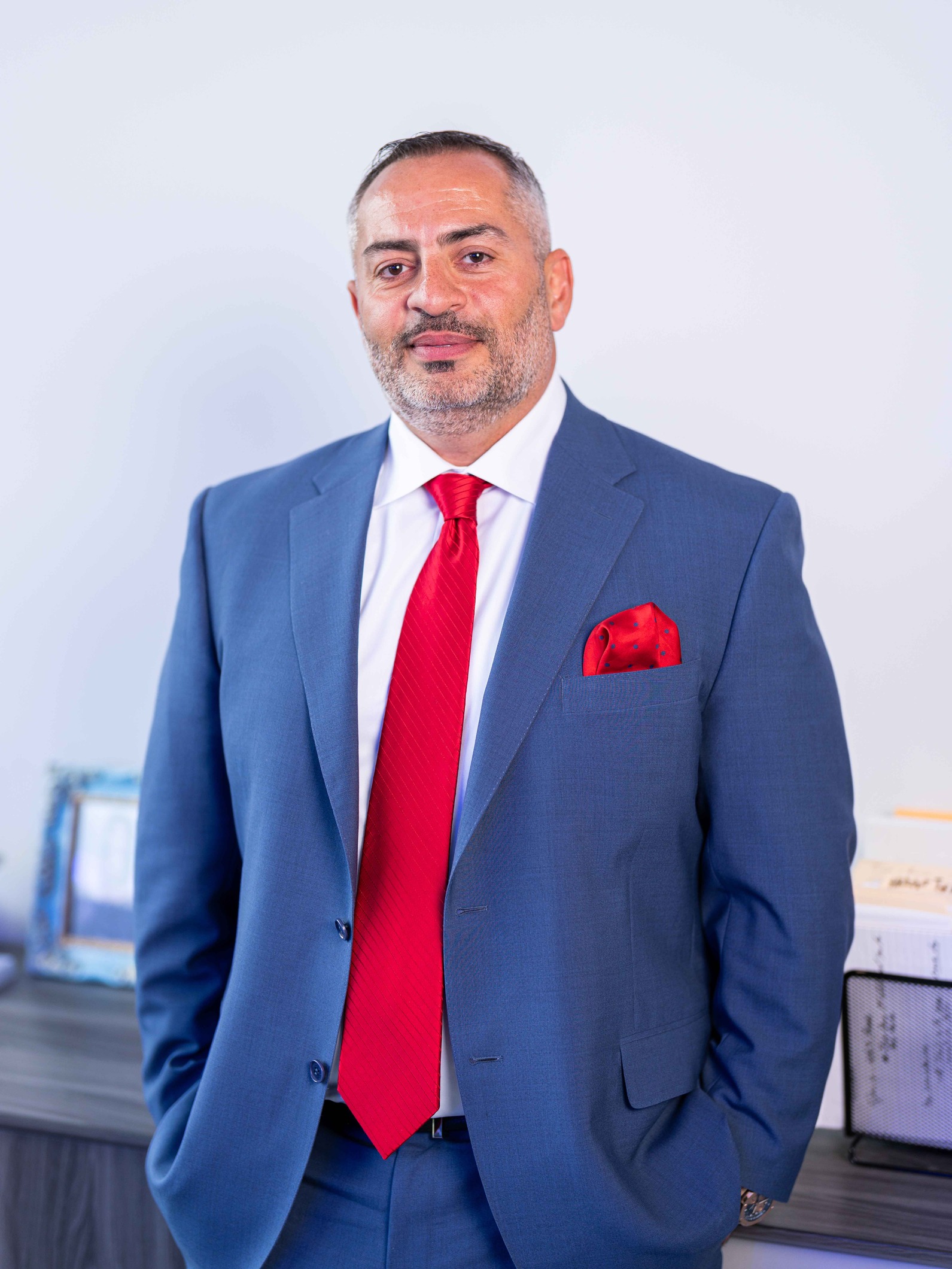
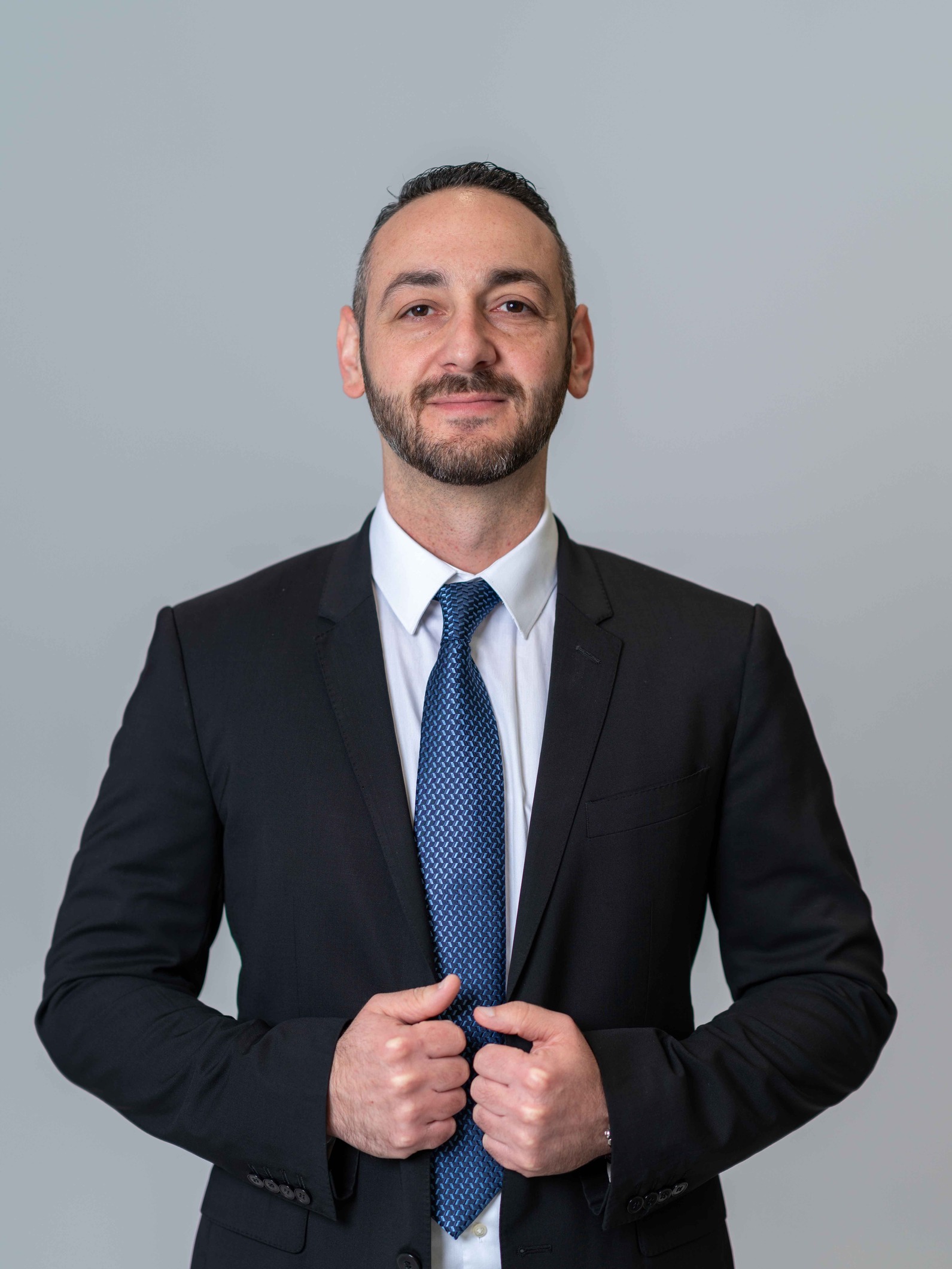
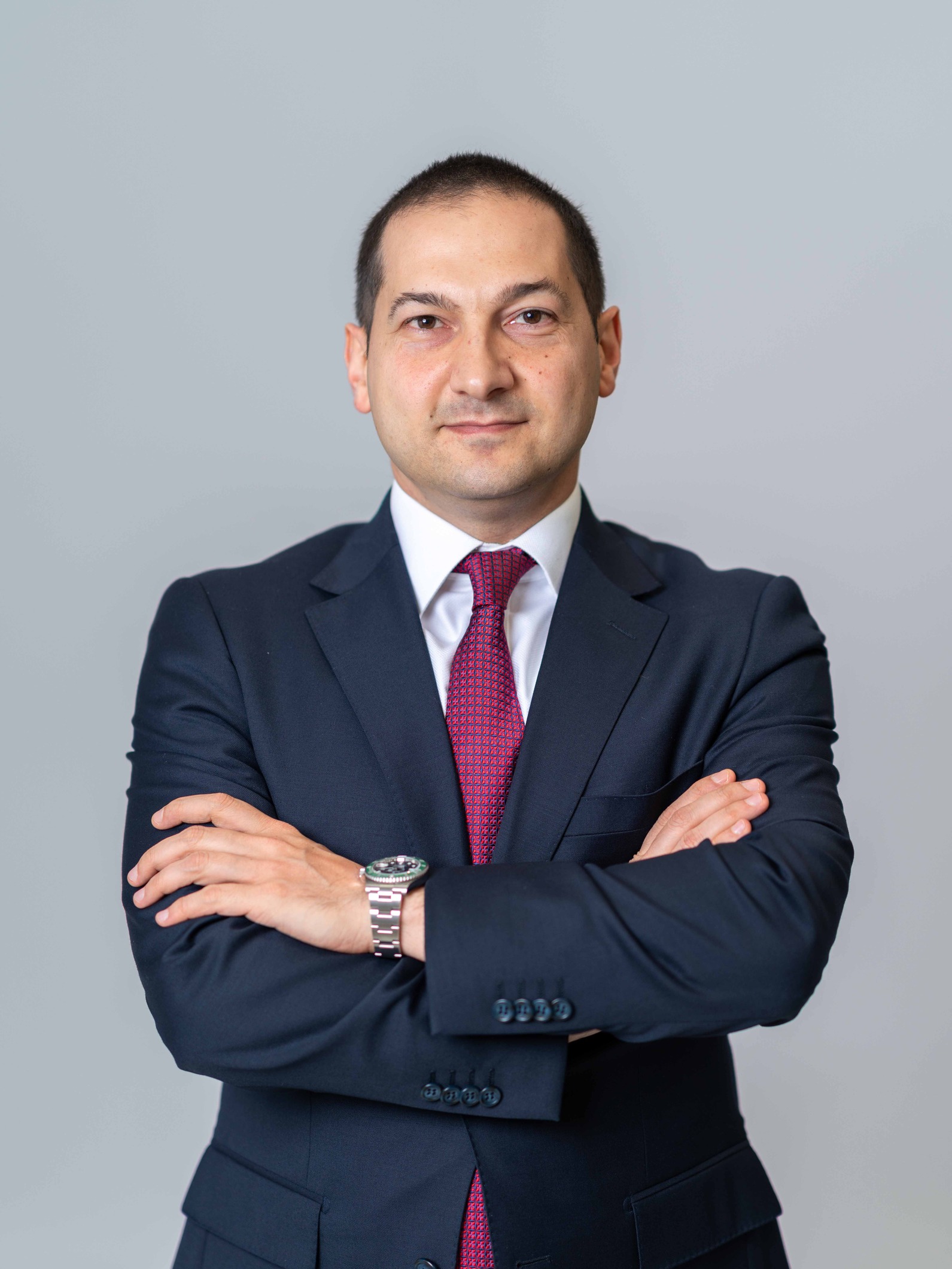
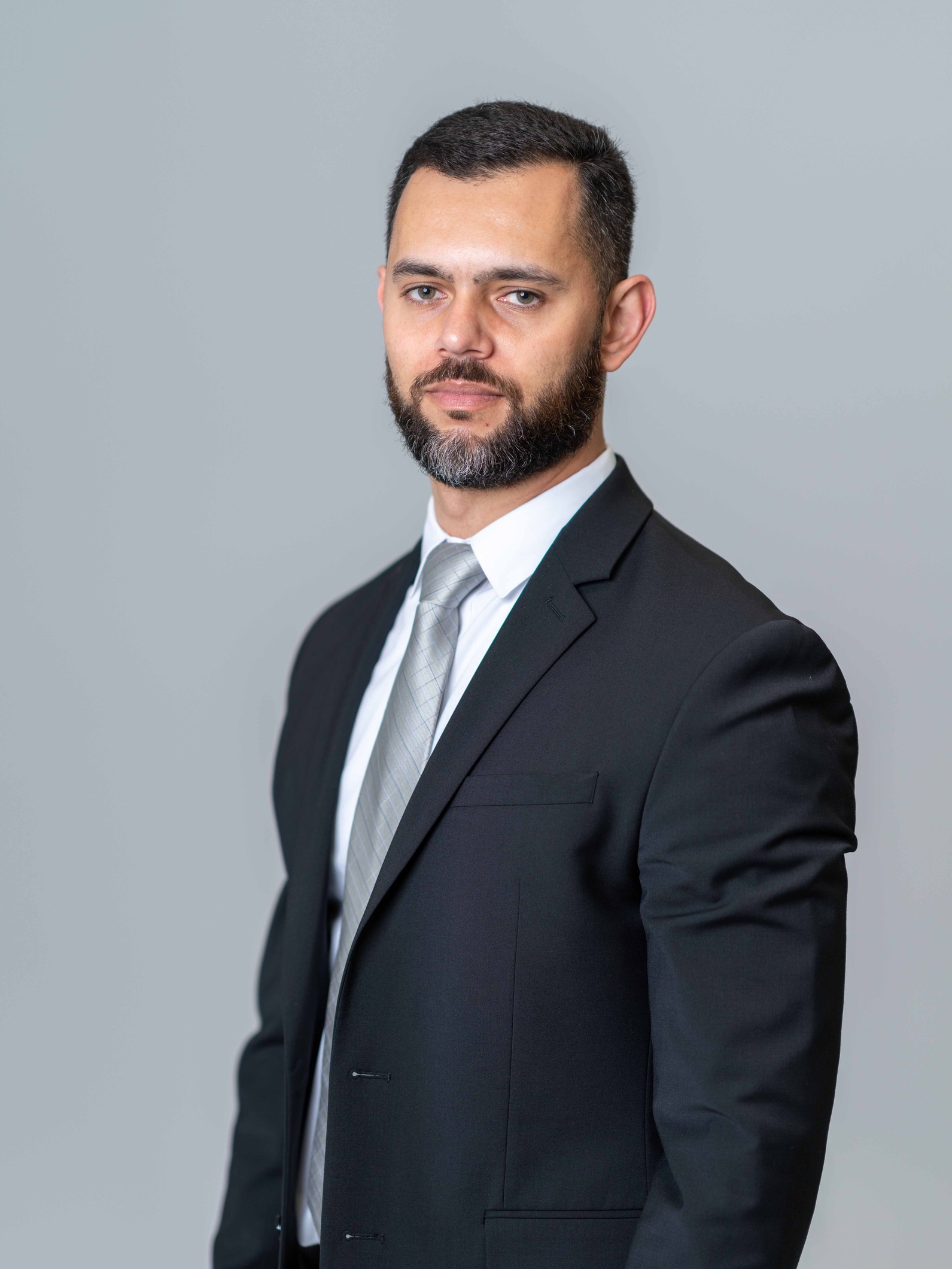


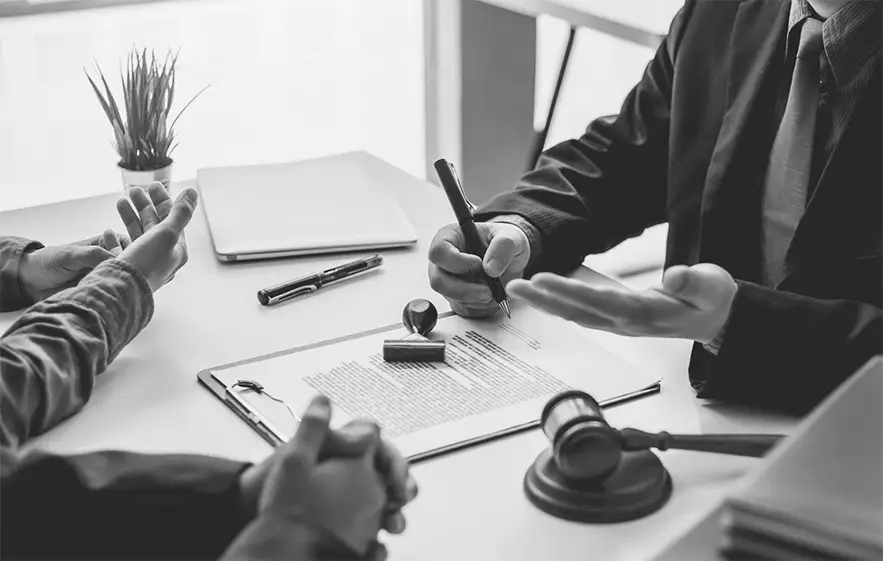
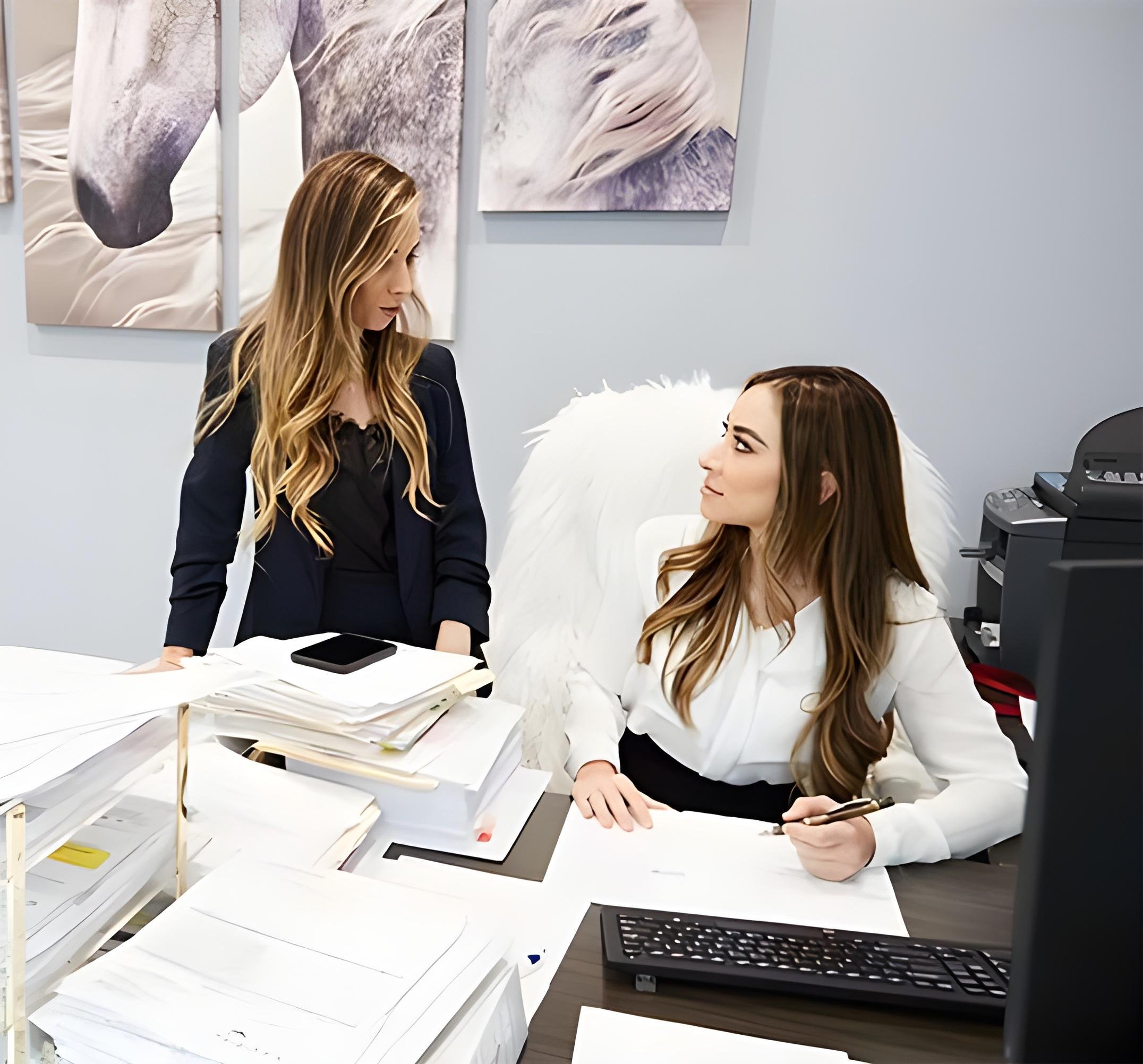


.webp)


